When Choosing a Water Softener, Consider Your Options
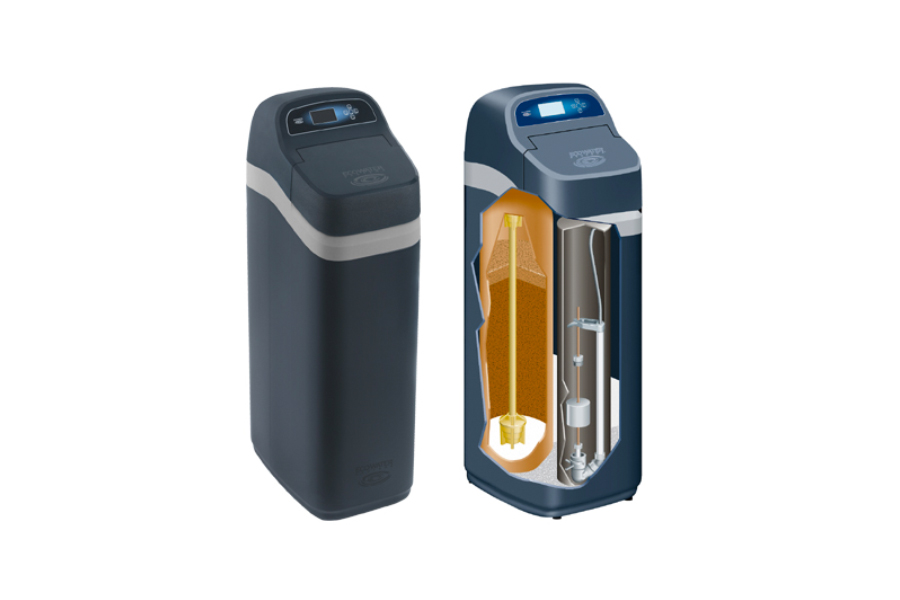
Exactly what does the term “water softener” mean? Because of hard water’s negative effects, water softeners, or “water softners,” were developed. Find out whether you have hard water by looking for signs like discolored dishes, a ring around the bathtub, discolored clothes, and even scale formation in the coffee maker. If this is the case, you may want to consider purchasing a water softener.
In general, washing dishes, clothing, skin, and hair with hard water might be more difficult than with soft water. Over eighty-five percent of American households have hard water issues, according to the US Geological Survey (USGS).
Concerns regarding the Roughness of the Water
These elements—calcium carbonate, magnesium carbonate, and manganese—are all dissolved in aquifers and other subsurface sources of water that make up the bulk of rock’s hardness. Hard water originates in these locations. The presence of these minerals in the water is what gives the word “hardness,” which describes the overall quality of the water, and its meaning.
It’s not clear what the term “hard water” really means
One grain per gallon of dissolved hardness minerals is the upper limit for the expression “above one grain per gallon” (GPG). For most applications, water with a GPG of 3.5 or below is considered “soft.”. Having a GPG content of at least 10{961dd30c604159da2f7c8e91020115926aeb34346068ca7710d56ef5f2a41bd5} is considered to be hard water. The vast majority of people have water that falls somewhere in the middle of these two extremes in terms of water hardness.
The presence of hard water has resulted in
Instead of worrying about the possible health dangers, people should focus on the high potential expenses connected with hard water. An item that is reliant on water, like your home’s plumbing, will break down and reveal the majority of hard water issues. Crystallization and re-crystallization of dissolved minerals in hard water have been observed. This process generates scale, which has the potential to block pipes and reduce water pressure. Scale and lime deposits may also cause electrical equipment to malfunction. Over time, these deposits build up in water-heating appliances like dishwashers and coffee machines.
The scale may also build up in water heaters, increasing the risk of malfunction if it does so. Scale from hard water may reduce the efficiency of water heaters by as much as 30 percent, according to research commissioned by the Water Quality Research Council.
Scales of Water Hardness, as well as several water treatment methods
In addition to water softeners that utilize ion exchange or “cation exchange,” there are a few more methods that may be employed. We’ll go into the nitty-gritty details of each of these subjects in a bit.
Softener with ion exchange that utilizes salt.
Two tanks in a water softener such as this one may be used to soften the water in a home. Resin beads are present in one tank, while brine is present in the other. When hard water is softened, sodium is used to replace minerals like calcium, magnesium, and iron (salt). An ion is transported from one area to another during this procedure. An in-depth description of water softeners may be found in the article “How Water Softeners Work.”
Water Softener That Doesn’t Use Salt
Salt-free water softeners regenerate using potassium chloride rather than sodium. People who are worried about their intake of salt will benefit the most from devices like this one. Hard water minerals may build up as scale on the surfaces of water-using appliances and water pipelines. A descaler, on the other hand, prevents this from happening.
Leave a Reply
You must be logged in to post a comment.








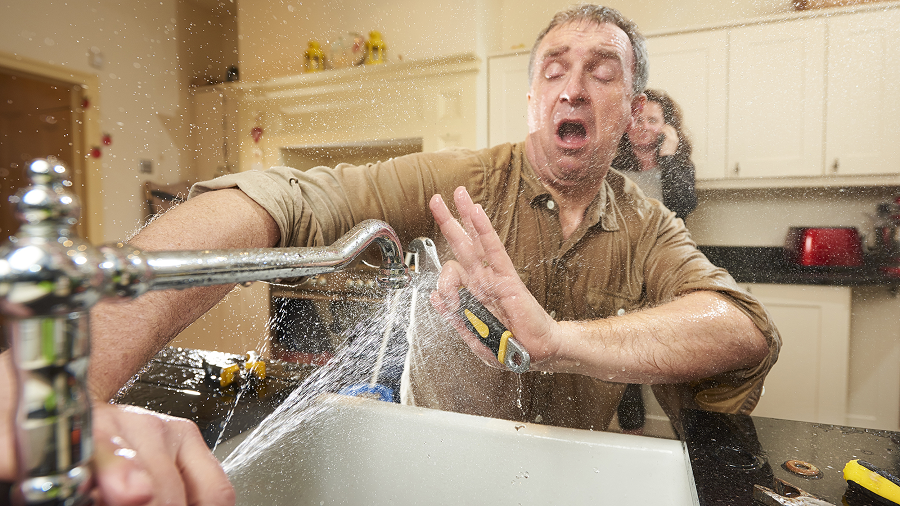

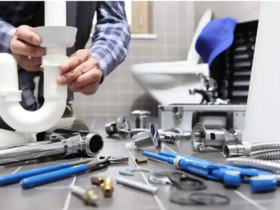

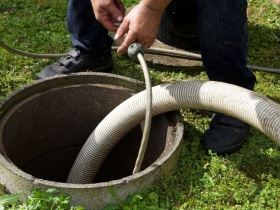
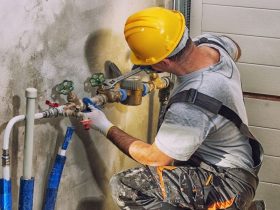
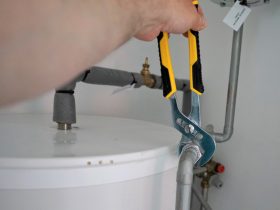
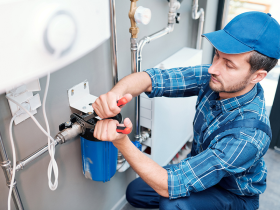
Leave a Reply